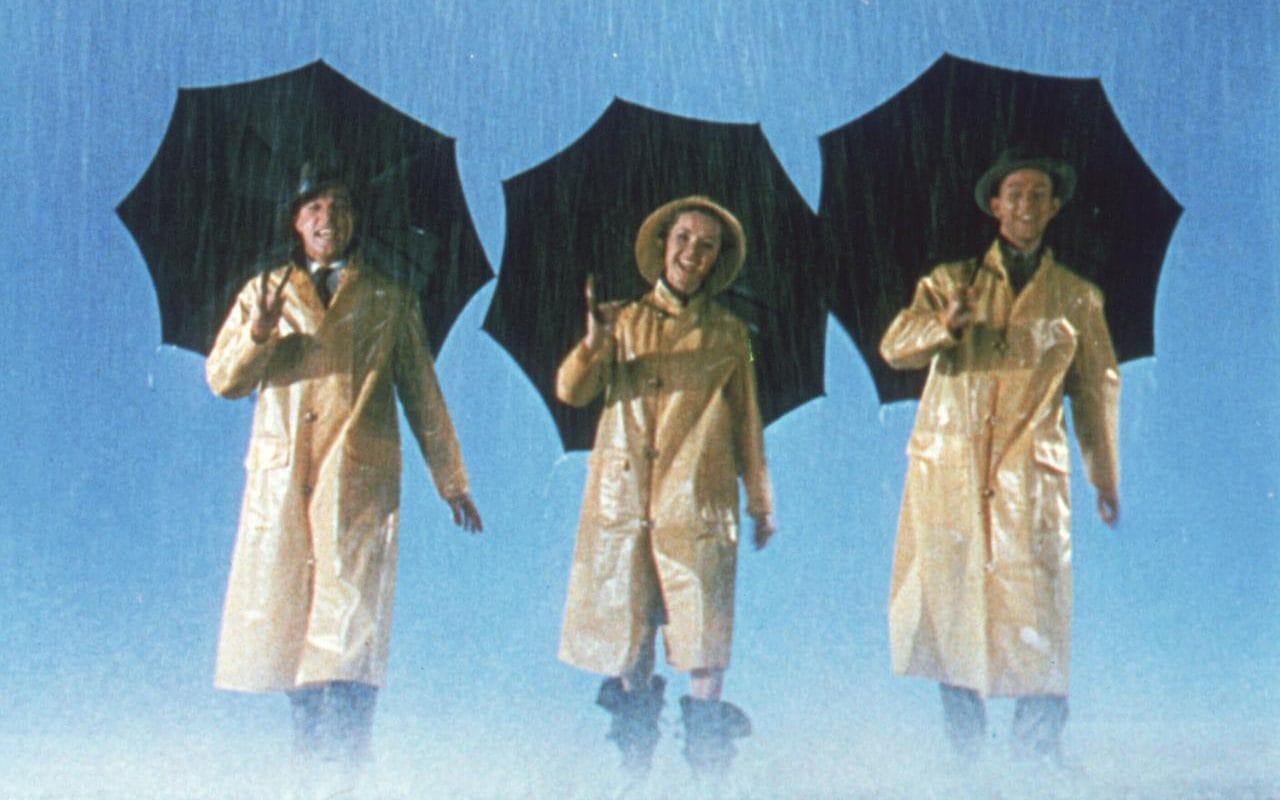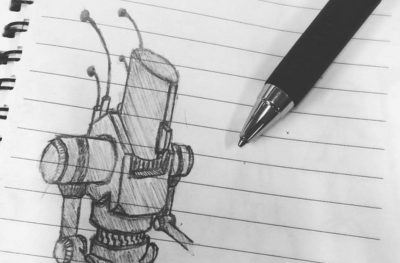Never waste a good crisis to change human behaviour
As a degree of ‘normality’ starts to return to our lives, it is worth reflecting on how COVID-19 may change behaviour more permanently. What waves of consumer trends will innovators be able to ride through the tube of unprecedented pandemic crazy, to build the next big thing? Perhaps the saddest thing is people may just revert back to old ways and drop the positive behaviours dropped during lock-down.
At the height of emotional strain in March 2020 it was hard for many to see light at the end of the tunnel. Square Holes’ mind and mood research indicated a dramatic drop in consumer confidence to 43% feeling unconfident about the next 12 months and 26% confident, compared with 16% in July and October 2019 feeling unconfident and around 40% confident. Square Holes’ mind and mood research is illustrating confidence returning to pre-COVID-19 levels, as we lull into a sense of renewed comfort moving forward.
Full results of the May Mind and Mood tracking research will be released in June, but in a nutshell, many struggled psychologically over the past few months. And, the world was faced with much upheaval. Yet, people talked in Square Holes’ focus groups with different age groups of a useful pause to the always busy lives, and even thought it should be a regular annual closure, to reflect on priorities, the things that matter.
“I think a shutdown or semi-imposed closure for a week of two would be good. I understand all the negatives and that sucks. Just listening to everyone, people spending more time at home with their families, fitness, mental health, exercise – just getting off the hamster wheel of work and being at home, in your own space, in your own company. I think it’s a good thing. I think it’s a healthy thing for people. I think everyone’s got tonnes of jobs on the backburner they’re getting done but I think it’s a good chance for the world to stop and replenish a little bit, slow down a little bit and I think that can only be a good thing. I think a lot of people are slowing down and smelling the roses.”
FOCUS GROUP PARTICIPANT AGED 40-49
Many could see much hope and silver lining amongst the travesty. From chaos came opportunity. Businesses seemed to be acting more kind, even the usually dubious banks and government were seen to be doing well. The SA Government and wider governments were praised by how well they managed the situation, and dropping the normal party politics and unproductive fighting. Banks and other big business were seen as having community focus never seen. People were noting a more positive world in many way, we only needed a pandemic to push us forward.
“I think the environment has cleared up so much. There’s the river in Venice that is clear now and has animals swimming through it. So even though humans are suffering, the amount of suffering we put the environment through – it’s nice for it to actually take a break. There was even a photo of China. Before, it was jam-packed with pollution. Then while this started happening, there was no one going out and there was no pollution at all. So I reckon if we can have a year of staying inside, at least we give the environment a break.”
SOUTH AUSTRALIAN TEENAGER IN FOCUS GROUP
There was much people were missing, but in many ways people adjusted to the new world with grace. From a national survey of 2000 by Square Holes in mid-May, spending time with family, spending time with friends, travel overseas, travel within Australia and dining out were the things people were looking forward to the most as social distancing restrictions relax.

Many South Australians were missing their family, yet this was skewed to older South Australians, likely with children and grandchildren living interstate or overseas or isolations from COVID-19. Younger South Australians had a wider array of things they were looking forward to post restrictions.

When asked at the end of April for one main behaviour they had changed in recent weeks that they were enjoying, three-quarters of South Australians named something, with staying home and slowing down the lead response, followed by exercising, family time and hobbies at the top of the list.

Many believed they will adopt this enjoyable behaviour more permanently. Four in ten believed they were likely to stick with the new behaviour, with most of the remainder ambivalent. People living in metropolitan Adelaide had a higher perceived likelihood than regional South Australia, and while males and females were identical, there were age differences. Those aged 30-39, 45-49 and 55-64 had the highest perceived likelihood to stick with the new behaviour they were enjoying.

Some behaviours were expected to be more likely to stick than others. For example, exercising more, reading, hobbies and family time were expected to become permanent, while sleeping more and less commuting was anticipated as behaviours likely to slip away as normality returns. Although there is a large ‘may or may not’ for less time commuting, perhaps as people need to convince their of a more permanent home-office shift.

A representative survey of 400 South Australians last week observed life returning back to normal, and the new-found behaviours starting to be dropped. Calls to family, baking and other cooking and light exercise increased for over recent months, but are only remaining permanent for relatively few. Some indicated they increased their online shopping, but were likely to return to bricks and mortar stores. According to the Australian Bureau of Statistics, online sales jumped 23 per cent in March to represent 7% of Australian retail sales, after January and February were down on previous months. It appears to be settling back to pre-COVID-19 levels. Was the experience on-line disappointing for some and how can it be improved moving forward?

A 2009 study explored Lally et al. (2009) published in the European Journal of Social Psychology explored the time it took for a chosen behaviour to become automatic. The participants showed a curved relationship between practice and automaticity, with a plateau in automaticity was reached after 66 days on average. People tended to range from 18 days up to 254 days in the habits examined in this study. Some habits were far easier to adopt. Drinking a daily glass of water became automatic quicker than 50 sit-ups before breakfast. COVID-19 restrictions haven’t been long enough for new behaviours to form.

Being forced to work from home and avoid the daily commute is a dream come true. No manager to hassle at every moment, more self accountability, and time for Netflix, sleeping in or have a few boozy drinks on a work night is all good. Many loved the freedom, with some discussing how they are enjoying getting up late, no need to shower or dress formerly and clock on for work in little time. People were missing friends, family and socialising, but not needing to rush kids to sport and extra-curricular activities each night and much of the weekend, was enjoyable. But, soon enough the old reality returns.
Changing behaviour is hard, as human nature is to find the easy route. There is a critical role in this for business small and large and other leaders as the critical ramifications of COVID-19 are largely economic. There is opportunity for business to create change and build new business models that help shift consumer behaviour and are more economically robust moving forward.
This has been a few months of experimentation and forced innovation for many businesses. Local restaurants and pubs have responded to lockdown with offering unique take-away and home delivery options, often attempting to avoid needing to use Uber or another similar service and their high fees. Many wineries, gin producers and artisan food producers have attempted to shift to online and selling direct to customers as opposed to through markets and restaurants. Yet, again shifting consumer behaviour is often slow and hard.
“I prefer going to the shops. If I buy wine, I tend to buy that online. But that’s the only thing. I go to the local green grocer for my produce, and I don’t buy any green groceries from the supermarket. When I do go shopping, I always try to buy South Australian produce. Your Green Gully, Maggie Beer. I think I’ll probably keep doing the same as I have been doing.”
FOCUS GROUP PARTICIPANT AGED 70+
New defaults are attempting to be set, making decisions easier and smooth for customers. COVID-19 has allowed businesses to experiment and question the rules, and to allow the general population to reflect on their behaviours and attitudes. Even with a rare time to pause and reflect, most will just revert back to the comfortable norms. It is upon business and other leaders to create new offerings and models that shift the norm.
My hope moving forward is that 2020 has created a shock to businesses, so they can appreciate their vulnerabilities and respect the need to constantly listen to the market and evolve. For Australia’s economy to evolve it is important to create change and move norms and entrenched consumer behaviours. It will be exciting to see how the South Australian economy evolves in the coming decade.





